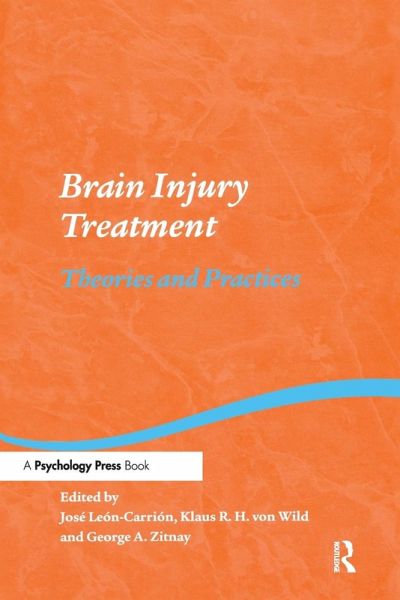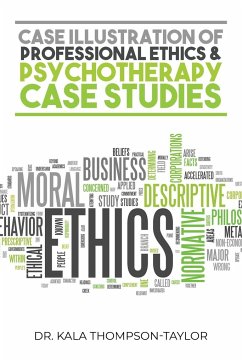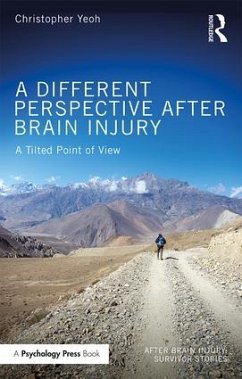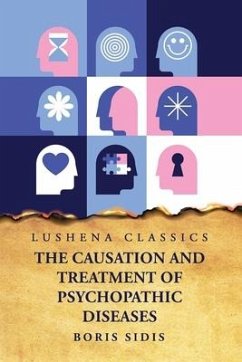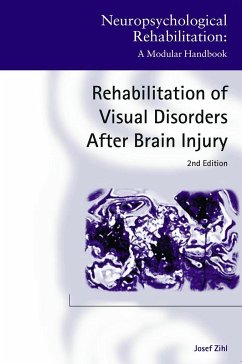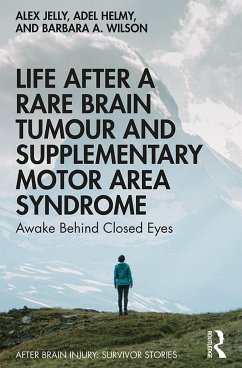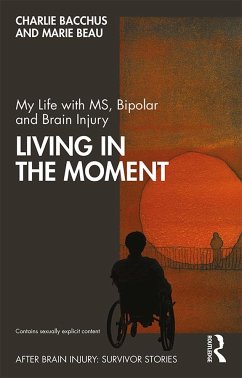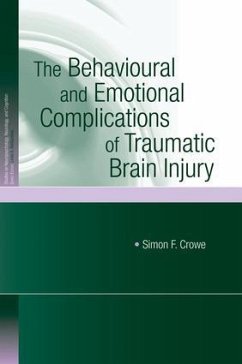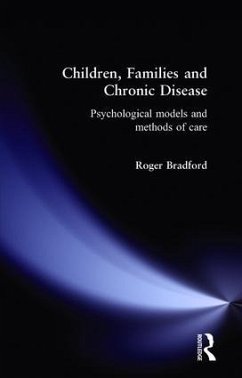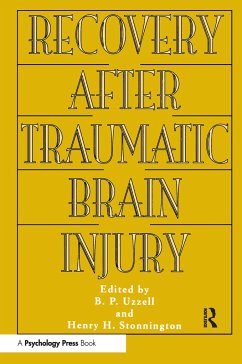Brain Injury Treatment
Theories and Practices
Versandkostenfrei!
Versandfertig in 1-2 Wochen
Weitere Ausgaben:

PAYBACK Punkte
25 °P sammeln!




Explains the treatments used in brain injury rehabilitation and covers new methods of rehabilitation, including complementary medicine theories.
Jose Leon-Carrion is Professor of Neuropsychology and Director of the Human Neuropsychology Laboratory at the University of Seville, Spain. At the Center for Brain Injury Rehabilitation (C.RE.CER.) in Seville, an interdisciplinary center for rehabilitation, he is responsible for the design of the rehabilitation programs and director of the Department of Research, Development and Innovation. He was vice-president of the International Brain Injury Association (IBIA) and is currently Secretary General on the Board of Directors of IBIA. He also was president of the Academy for the Advancement of Brain Injury Rehabilitation. George A. Zitnay is Clinical Professor at the Medical College of Virginia, he is the immediate past President of the Brain Injury Association of America, Founder and immediate past President of the International Brain Injury Association, Chairman of the WHO Neurotrauma Committee, former Chairman of the Council of the Medical Rehabilitation Center at NIH, Chairman of the National Brain Injury Research, Treatment and Training Foundation, former Professor and Director of Research at the Department of Neurosurgery at the University of Virginia, author, lecturer and member of editorial board of journal, Brain Injury. Klaus von Wild is Professor and Head Neurosurgical, Department for Neurosurgery and Early Neurotraumatological Rehabilitation, Clemenshospital, Teaching Hospital, Westphalian Wilhelms University Munster.
Produktdetails
- Verlag: Taylor & Francis
- Seitenzahl: 606
- Erscheinungstermin: 20. Dezember 2013
- Englisch
- Abmessung: 234mm x 156mm x 32mm
- Gewicht: 907g
- ISBN-13: 9780415653701
- ISBN-10: 0415653703
- Artikelnr.: 36541907
Herstellerkennzeichnung
Libri GmbH
Europaallee 1
36244 Bad Hersfeld
gpsr@libri.de
Für dieses Produkt wurde noch keine Bewertung abgegeben. Wir würden uns sehr freuen, wenn du die erste Bewertung schreibst!
Eine Bewertung schreiben
Eine Bewertung schreiben
Andere Kunden interessierten sich für




